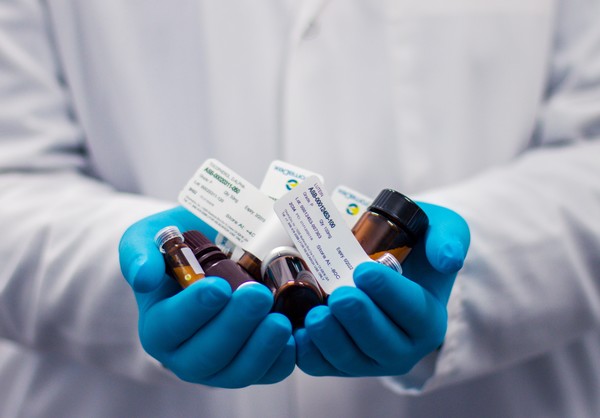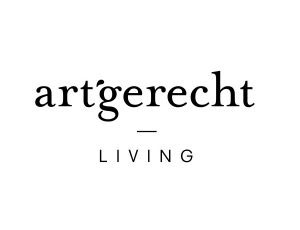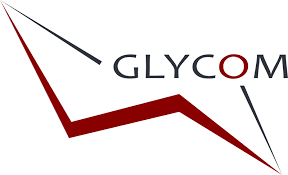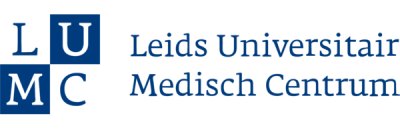Novel solutions against Enteropathogenic Clostridia
Clostridium difficile (CD) is a serious threat to human health. CD is the foremost cause of antibiotic-associated diarrhea in hospitals. The recent increase in CD infection (CDI) could be attributed to the emergence of more epidemic and hypervirulent types of CD. In addition to the healthcare-associated CDI, community-acquired CDI is also increasing. Dysbiosis of the gut as a consequence of antibiotic use with CD overgrowth supports production of enterotoxins and results in severe gastrointestinal disease. CDI is considered as one of the major threats of antibiotic-associated infectious diseases with enormous health care costs. Moreover, the recurrence rate of CDI is high (about 20%) and such recurrent CDI is difficult to treat.
This project is aiming at screening and developing new preventive and curative measures for primary and recurrent CDI, based on the effects of lactoferrin products and oligosaccharides to the composition and function of the human microbiota. Recent observational findings from gut microbiota studies indicate that these factors may be relevant for CD colonization and progression to CDI. CD colonization among patients at admission to hospitals may have clinical implications and further research is needed to identify if interventions affecting the composition of the microbiota can prevent or eradicate colonization.
This project will develop and explore in vitro/ ex-vivoplatforms for studying novel preventive and curative strategies and activities in promoting a stable microbiota for competitive exclusion of CD, prevention of CD spore germination and/or sporulation, CD biofilm formation and/or possible intervention in toxin production and/or toxin binding to gut epithelium.





